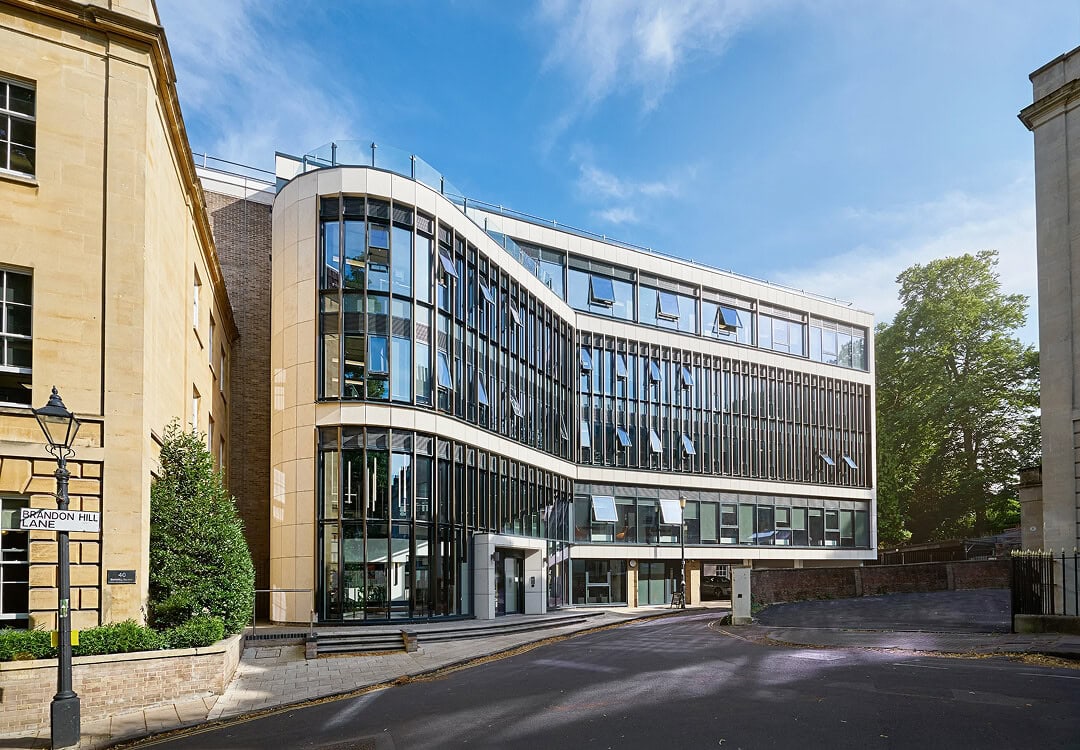Articles
How can you mediate without meeting?
May 2020
Litigation is inevitable in the current economic climate. However, the perception is that settlement might be more difficult to achieve without face to face meetings or access to ADR. Mediation is one way that disputes can still be settled even if the traditional style mediation in the same location is not possible.
What form does mediation take?
Traditionally mediation involves instructing a mediator, who will be given position statements (a summary of either side’s view of the dispute) by both parties prior to the mediation. At the mediation itself, the parties will meet in one room for an initial meeting with the mediator, then retire to separate rooms and make offers in attempt to settle a dispute. The mediator will work with the parties in order to help them resolve their dispute. If a settlement is concluded, the parties will often sign a settlement agreement at the end of the mediation.
Can I mediate during lockdown?
Although social distancing requirements prohibit parties from meeting in person, a number of UK based mediation companies are offering online or telephone-based mediation. This in itself could have a number of benefits – cutting down the costs of travel and renting mediation rooms, and potentially giving the parties more dates for mediation (especially when clients are based in foreign jurisdictions, and allowing individuals to attend the mediation for only part of it). Documents can also be provided electronically, reducing the need for hard copy bundles of case documents to be provided.
As with a physical mediation, settlement on a virtual mediation can be concluded by emailing drafts of a document and then signing the document (which can be signed electronically, or even signed as a ‘wet’ copy and then scanned and emailed).
When should we use mediation?
The pre-action protocol (in the Civil Procedure Rules, which govern litigation) requires parties to consider a form of alternative dispute resolution (such as mediation), to assist with settlement. Therefore, from the outset of a dispute, parties should consider using this in order to try and settle a dispute. However, there is no set time when parties should consider this, and it may be appropriate to propose mediation in the following circumstances;
- From the outset of a matter even before issuing (for example after a claim letter has been sent), mediation could be an effective way to achieve aims that would otherwise only be possible through proceeding with litigation (for example a party agreeing to cease using a trade mark, or take a licence for a patent)
- As above, if you are in the middle of litigation and find that due to the pandemic you need to reserve cash, it could be a good idea to propose mediation in an attempt to bring litigation to a close
- If you are the defendant in a matter, proposing mediation may be welcomed by another party who no longer wishes to proceed with litigation
Are there any other uses for mediation?
Given the broad situations where mediation can be used, as well as using it to bring matters to a close, save money and reach a settlement with another party, it could also be used for the following;
- As a way to open a dialogue with an opposing party. Correspondence in itself may not always get to the heart of a matter, and mediation can be an effective way to establish the real motivations behind litigation, and while it may not lead to settlement at the mediation, it could help bring about a settlement further down the line
- Issuing proceedings with a view to mediating straight away can be a useful tactic to save the costs of lengthy litigation and settle with a party currently infringing your IP rights
- Getting the parties face to face (even virtually) may even allow them to settle a dispute and actually move forward in terms of working co-operatively with a competitor in a market place. Some settlements concluded at mediation have included licensing agreements between parties, or agreements to work together on future product development, or even litigating against other third parties in a market place, in order to protect market share
Mediation is an extremely versatile settlement tool that can be used in a variety of different settings regardless of how far an IP dispute has progressed. Our experiences have shown us that it can be an effective way to bring matters to a close and achieve a result that is welcomed by clients. The ability to mediate remotely will allow clients to undertake this even during the Pandemic, potentially at a reduced cost.
This article was prepared by HGF Senior IP Solicitor Chris Robinson. If you would like further advice on this or any other matter, please contact Chris. Alternatively, you can contact your usual HGF representative or visit our Contact page to get in touch with your nearest HGF office.



























